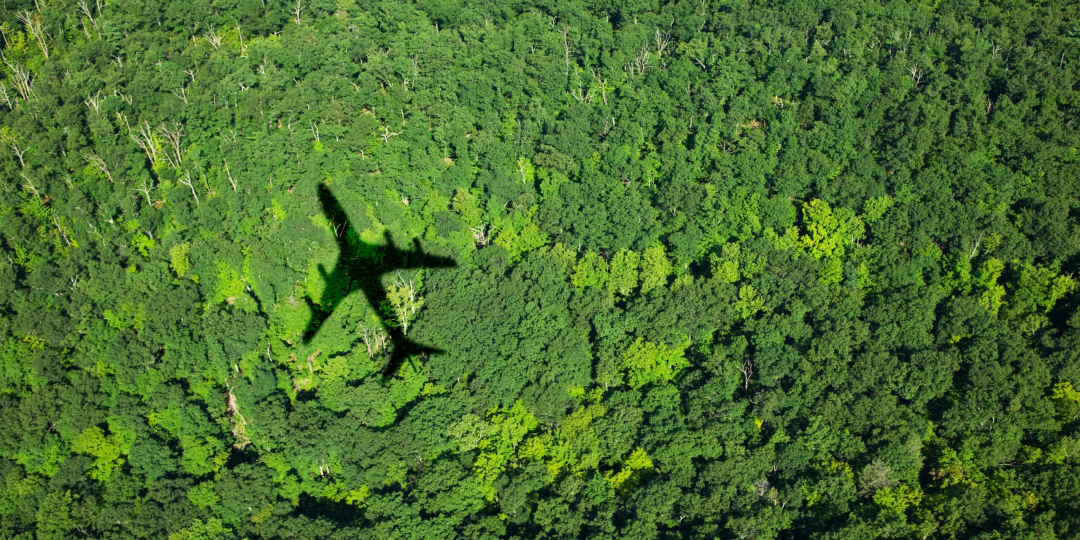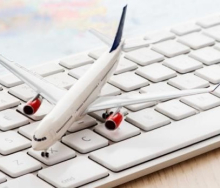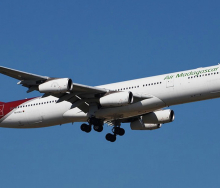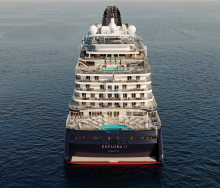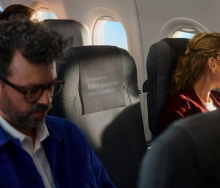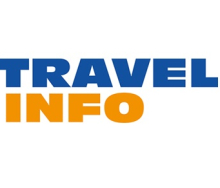This article has been amended since its original publication.
A looming increase in the cost of flying overseas could stifle African carriers’ plans to expand into foreign markets.
The International Civil Aviation Organization’s (ICAO) Carbon Offsetting and Reduction Scheme for International Aviation (CORSIA), is set to be implemented world-wide in 2027.
Aviation experts warn it could raise operational costs, making it more difficult for African airlines to enter new international markets.
What is CORSIA?
CORSIA is an international agreement, aimed at reducing the carbon footprint of airlines - it requires airlines to offset any increase in their CO2 emissions above a set baseline. When operating in countries committed to CORSIA, airlines are bound to comply with its requirements.
“Most of the time, this applies only to international flights. Offsetting, which includes the trading of carbon credits on carbon markets is fundamental to global, regional and national emissions reduction policies,” says Aaron Munetsi, CEO of Aasa.
While many African countries, including South Africa, remain exempt from implementing CORSIA until 2027, many have opted in early in order to receive benefits such as foreign investment and sponsored training in emission reporting. Also, early adoption could offer first-mover advantages, explained Munetsi.
Growth stifled?
However, despite the advantages, Sean Mendis, aviation consultant, says the cons might outweigh the pros for African airlines.
He argues that CORSIA benchmarked African airlines at their (relatively low) 2019 operating levels. Because of this low baseline, they are now at a disadvantage in terms of expanding their operations and entering new markets.
ICAO has set the emissions baseline for international airlines at 85% of 2019 emission levels. Upon implementation, if airlines exceed this cap – whether due to expanding operations or entering new markets – they will be required to purchase additional carbon allowances.
“In Africa, where the baseline is 2,2% of world traffic, relative to 18% of world population, there is a disadvantage because for Africa to simply catch up with the rest of the world, it is going to require growth. And now that growth is going to be taxed,” Mendis told Travel News.
Higher fares on the cards
Although an exemption period is expected to provide some relief for African airlines, Sisa Majola, Manager of Communications at the South African CAA, acknowledges that CORSIA may still be a challenge specifically for Africa as a developing continent.
“While there are exemptions for new entrants, to a certain extent, new entrants still incur expenses (having to buy emissions allowances) which may impact their growth and competitiveness as there are already airlines in the market,” explains Majola.
Mendis adds that fast-growing airlines, such as Ethiopian Airlines, could face particularly steep penalties. Their rapid expansion since 2019 means they could surpass their emissions baseline quickly, leading to higher costs for additional carbon allowances. This is part of a broader impact that will be felt across all African carriers that are growing their regional and international operations above their 2019 levels.
Furthermore, airlines launching new routes to countries participating in CORSIA will be responsible for emissions generated on those flights. In contrast, airlines with established services on routes will continue to benefit from their pre-existing emissions baseline.
“This ends up being significantly more expensive for African airlines and would in turn raise the (operating) costs of African airlines and consequently the cost for African consumers,” said Mendis.
Upon CORSIA’s global implementation in 2027, qualifying airlines will have priced, or planned to price, compliance into their businesses, explains Munetsi.
“While part of the cost of CORSIA compliance will be offset by the incentives and or discounts offered by states in some jurisdictions, in other countries, airlines have to demand such compensation,” Munetsi said.
Domestic carbon taxes
“Of greater impact, administratively, as well as being burdensome from a cost perspective to South African-based carriers is the carbon tax on domestic air transport," said Munetsi. "This tax is contrary to CORSIA which exempts domestic emissions. Although Aasa supports Nett-Zero 2050, it has always opposed domestic carbon taxes, arguing that the funds collected should be ring-fenced and reinvested in emissions mitigation instead of going to central coffers where aviation is invariably relegated to lower levels of priority."
